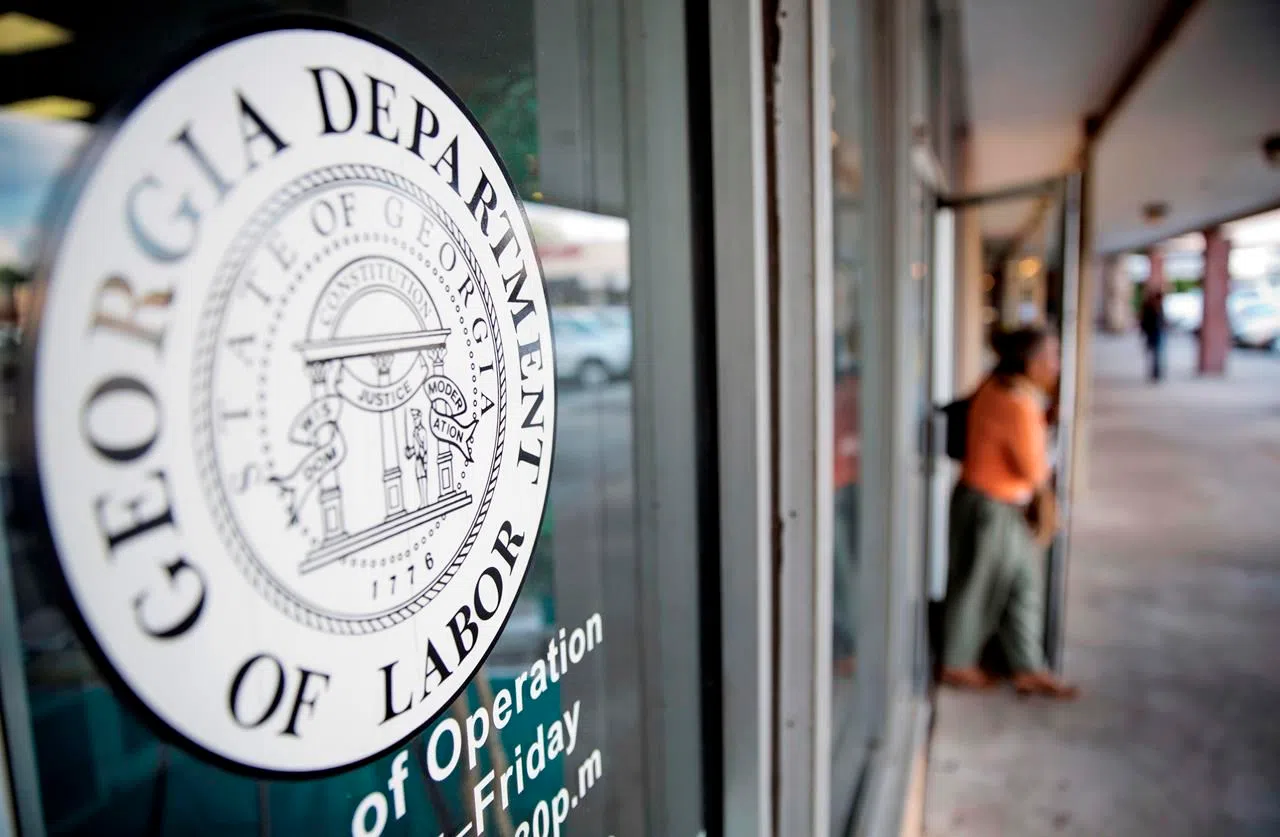
Hiring was healthy in past year in many US swing states
WASHINGTON — Hiring has been strong in the past year in many presidential campaign swing states, a possible hurdle for GOP candidate Donald Trump, who has sought to capitalize on economic distress.
Employers have added jobs in the past 12 months at a faster pace than the national average in Colorado, Florida, Michigan and North Carolina, the Labor Department said Friday.
Job gains have been solid but slightly below the national rate in other battleground states, such as Ohio and Virginia.
On a monthly basis, hiring rose significantly in 15 states in July compared with June, the government said. The biggest percentage gains were in North Dakota, Vermont and Maine. The only state to lose a large number of jobs in July was Kansas, which shed 5,600.



